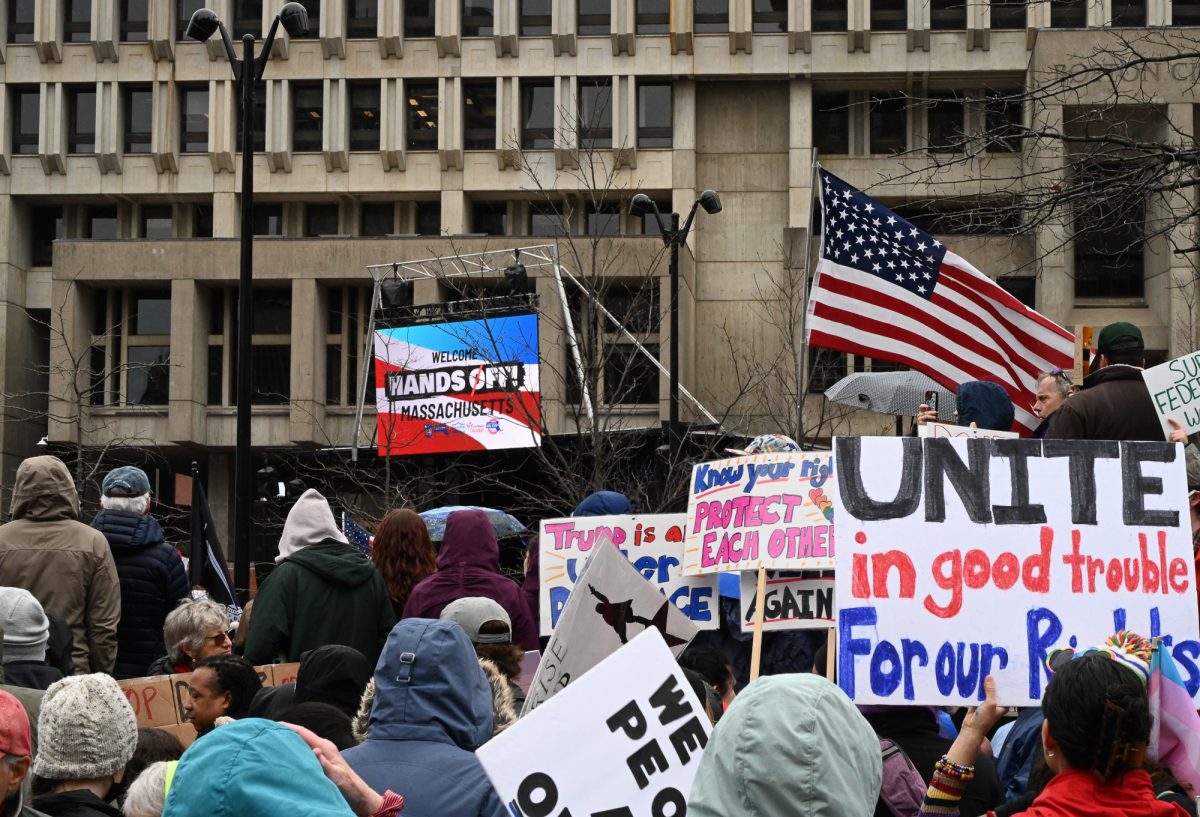With the groundbreaking ceremony for the construction of the Barry’s Corner Residential Commons scheduled for Dec. 13, Harvard University will begin 10 years of expansion into Allston that has been in the works for more than a decade.
Harvard’s 10-Year Institutional Master Plan was unanimously approved by the Boston Redevelopment Authority on Oct. 17 after years of deliberation between the school and community members. It outlines a ten-year vision for Harvard’s campus that will reshape much of lower Allston with 1.9 million square feet of total development for the university and local residents.
“The plan will expand the University’s academic presence, continue the activation of Barry’s Corner, enhance the public realm, strengthen pedestrian connections, improve circulation and create new green space and gathering places for the University and the community,” said Tania deLuzuriaga, spokeswoman for Harvard. “In addition, the plan includes a long-term vision to guide future campus and community planning in Allston.”
The development of Barry’s Corner is being managed by Samuels & Associates independent of Harvard, but this initial construction of two mixed-use towers with residential and retail space is meant to serve as a transition to the school’s increased presence going from the Charles River south to Western Avenue.
The plan was not publicly criticized from officials as it was being drafted, but it was met with resistance from several local residents and members of the Harvard-Allston Task Force, a group of city-appointed Allston residents that advised in the plan’s revision, because the university incorporated few of its suggestions to benefit the community.
The mission of the development is to promote prosperity in the community for Harvard as well as for Allston residents, according to the IMP. By adding to the campus and building additional public residences and retail space for original residents in the surrounding communities, it is intended to benefit the area as a whole.
“Harvard is committed to the economic, intellectual, social and cultural vitality of its neighborhoods and city,” said Katie Lapp, executive vice president at Harvard, in the IMP. “In that spirit, together with our Allston neighbors, elected representatives, city and state agencies, and civic leaders, Harvard has created a plan for the future that provides shared opportunity.”
Harvard, the city of Boston, the Harvard-Allston Task Force and members of the Allston community all participated in regular public meetings over the past two years to raise concerns for Harvard’s plans for development. Local residents regularly complained about a lack of benefits from Harvard in addition to possible traffic problems construction would cause.
After attempting to address the concerns, the task force decided to vote in support of the IMP and the university’s proposed community benefits package.
Several Allston residents said they had mixed views of Harvard’s expansion into the area.
“It [the expansion] is going to price up everything that makes Allston ‘Allston,’” said Nicolas Emmons, 26. “The reason that people live in Allston is because it’s for the students that don’t have golden spoons or silver spoons to use … it’s putting people in a neighborhood that’s not designed to have that many people or that demographic.”
Fredy Restrepo, 40, said Harvard’s Business School and athletic complex, which are already south of the river, have added to the community, so the development should do the same.
“It would be a great place for Harvard students to be,” he said. “In Allston, you can go anywhere. There’s pretty good security and pretty good rent … Allston is a fabulous place in part because of Harvard.”
Libby Webster, 21, said she had concerns about the rush of Harvard students that would come in to the area, but was confident the community would retain its current atmosphere.
“There are very specific people who want to go out to Allston and don’t want to go out to Allston,” she said. “A Harvard student is a very specific type of student, and I don’t really see that in Allston … They [Harvard students] are not going to be able to overpower the culture in Allston that already exists, but I don’t think they’ll really fit in.”





















































































































